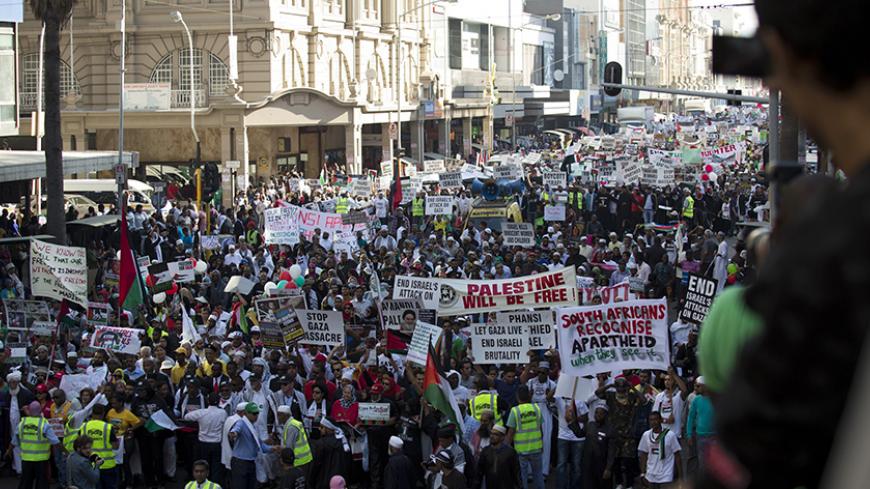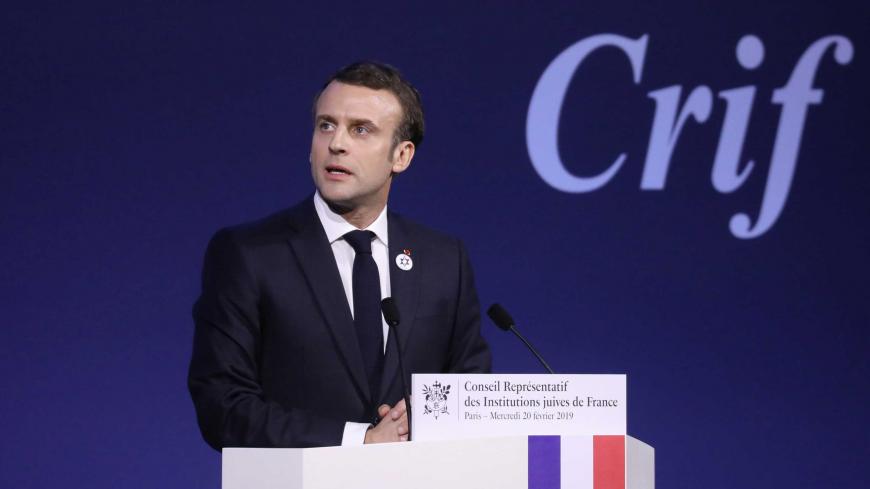

Why AL-Monitor?
AL-Monitor is an award-winning media outlet covering the Middle East, valued for its independence, diversity and analysis. It is read widely by US, international and Middle East decision makers at the highest levels, as well as by media, thought and business leaders and academia.
Read by









Live news & notifications

Premier analysis of the Middle East

Live events & video

Specialized Newsletters

Big, exclusive interviews

ALM archives since 2012

Subscribe for unlimited access
By becoming an AL-Monitor subscriber, you drive our team’s rigorous and independent journalism spanning the Middle East.
Continue






![Some of 200 French Jews queue at Paris' Charles de Gaulle airport before emigrating to Israel July 28, 2004. Some 2,500 Jews leave France for Israel each year but Wednesday's departure comes less than two weeks after [Israeli Prime Minister Ariel Sharon] sparked a controversial call on French Jews to emigrate to Israel to escape what he called the 'wildest anti-Semitism'. Sign at rear reads: "I have two loves: Jerusalem and Paris". ??? NOTE: Some of the people in background may have been accompanying rel](/sites/default/files/styles/article_header/public/almpics/2014/09/RTXMSYC.jpg/RTXMSYC.jpg?h=f7822858&itok=bTGegQyp)